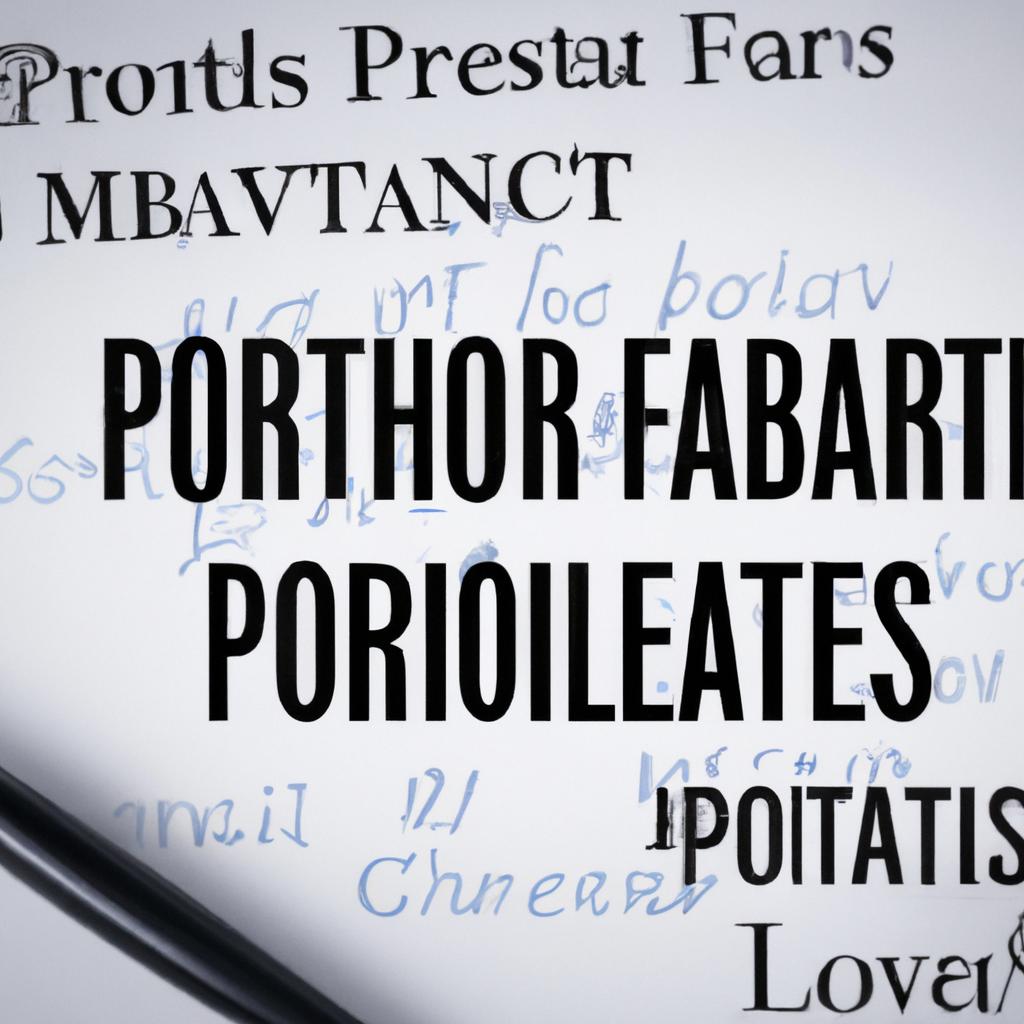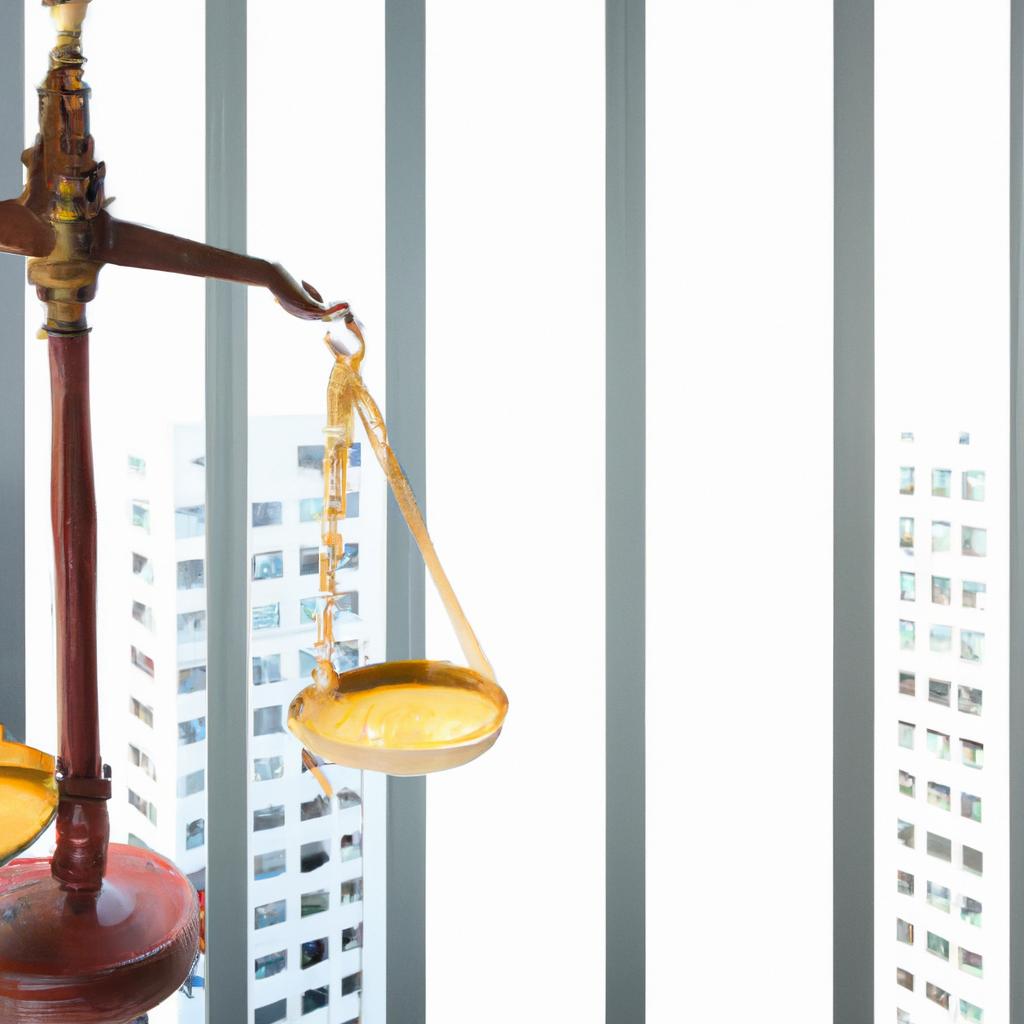We live in a society where instant gratification is the norm, but when it comes to the probate process, patience is not just a virtue, it’s a necessity. As experienced attorneys at Morgan Legal Group in New York City, we understand the frustration that can come with the seemingly endless timeline of probate proceedings. In this article, we will delve into the intricacies of why probate can take so long and what factors contribute to the delays in settling an estate.
Challenges in the Probate Process
One of the primary is the sheer volume of paperwork that must be completed and filed. From initial court filings to inventorying assets and distributing them to beneficiaries, there are countless documents that need to be prepared and filed correctly. Any errors or omissions in these documents can lead to delays in the probate process, prolonging the time it takes to settle the estate.
Another common challenge in probate is disputes among family members or other interested parties. When multiple individuals have a stake in an estate, disagreements over how assets should be distributed can quickly escalate into lengthy legal battles. These disputes can further complicate an already complex probate process, dragging it out for months or even years before a resolution is reached.

Factors contributing to Delays in Probate
are often multifaceted and can vary depending on the specific circumstances of each case. One common factor is the complexity of the deceased individual’s estate. If the estate includes a large number of assets, multiple beneficiaries, or disputed claims, it can significantly prolong the probate process. Additionally, if the deceased did not have a clear and comprehensive estate plan in place, it can lead to confusion and disagreements among family members, further delaying the process.
Another factor that can contribute to delays in probate is disputes among beneficiaries. When beneficiaries contest the validity of the Will or argue over the distribution of assets, it can lead to lengthy court battles and legal proceedings. These disputes can not only prolong the probate process but also drain the estate of valuable resources. It’s essential for all parties involved to communicate effectively and work towards a resolution to avoid unnecessary delays and expenses.
| Common Causes of Probate Delays: | Suggested Solution: |
|---|---|
| Lack of clear estate planning | Work with an experienced lawyer to create a comprehensive estate plan |
| Disputes among beneficiaries | Mediation or alternative dispute resolution methods |
| Complexity of the estate | Seek guidance from a legal professional to navigate through the probate process |

Strategies for expediting the Probate process
Probate can be a lengthy process due to a variety of factors, including the complexity of the estate, disputes among beneficiaries, and court delays. One common reason for delays in probate is the need to locate and notify all potential heirs and creditors. This can be a time-consuming process, especially if the deceased did not leave a will outlining their wishes. Additionally, disputes among beneficiaries can further stall the probate process, as disagreements over the distribution of assets can lead to lengthy court battles.
However, there are strategies that can be implemented to expedite the probate process. One effective way to speed up probate is to work with an experienced probate attorney who can navigate the legal complexities and help resolve disputes efficiently. Another strategy is to create a comprehensive estate plan that clearly outlines your wishes and designates beneficiaries, which can help avoid potential disputes and streamline the probate process. By taking proactive steps and seeking professional guidance, you can help reduce delays and expedite the probate process.

Common mistakes to avoid in the Probate proceedings
When it comes to probate proceedings, there are several common mistakes that individuals often make, leading to unnecessary delays in the process. It is crucial to avoid these pitfalls to ensure a smooth and efficient probate process. One common mistake is failing to properly identify and locate all assets of the deceased. This can result in incomplete probate filings and potential disputes among beneficiaries.
Another common mistake is not staying organized throughout the probate process. Keeping detailed records of all transactions, communications, and decisions can save time and prevent confusion down the line. Additionally, failing to meet deadlines set by the court or overlooking important legal requirements can also cause delays in the probate proceedings. By avoiding these mistakes and staying proactive in your approach, you can help expedite the probate process and ensure a timely distribution of assets to beneficiaries.
Q&A
Q: Why does probate take so long?
A: The process of probate can take a significant amount of time due to various factors.
Q: What are some common reasons for delays in probate proceedings?
A: Delays can occur due to the complexity of the estate, disputes among beneficiaries, outstanding debts and taxes, and court backlog.
Q: How can beneficiaries expedite the probate process?
A: Beneficiaries can help expedite probate by providing all required documentation promptly, working with a skilled probate attorney, and communicating effectively with all parties involved.
Q: Are there any ways to avoid probate delays?
A: Planning ahead by creating a comprehensive estate plan, including a will, trust, and beneficiary designations, can help avoid probate delays in the future.
Q: Is there a typical timeframe for probate proceedings?
A: The timeframe for probate can vary depending on the complexity of the estate and any potential disputes or legal challenges. It is not uncommon for probate to take several months to a year or longer to complete.
Closing Remarks
In conclusion, the probate process can often be a lengthy and complex journey filled with legal requirements and administrative hurdles. From navigating through court procedures to resolving potential disputes among beneficiaries, the road to settling an estate can be fraught with challenges that contribute to the overall duration of probate proceedings. While the exact reasons for delays can vary, it is important for individuals to be aware of the potential roadblocks they may encounter along the way. By understanding the factors that can prolong the probate process, individuals can take proactive steps to streamline their own estate planning and ensure a smoother transition for their loved ones in the future.

